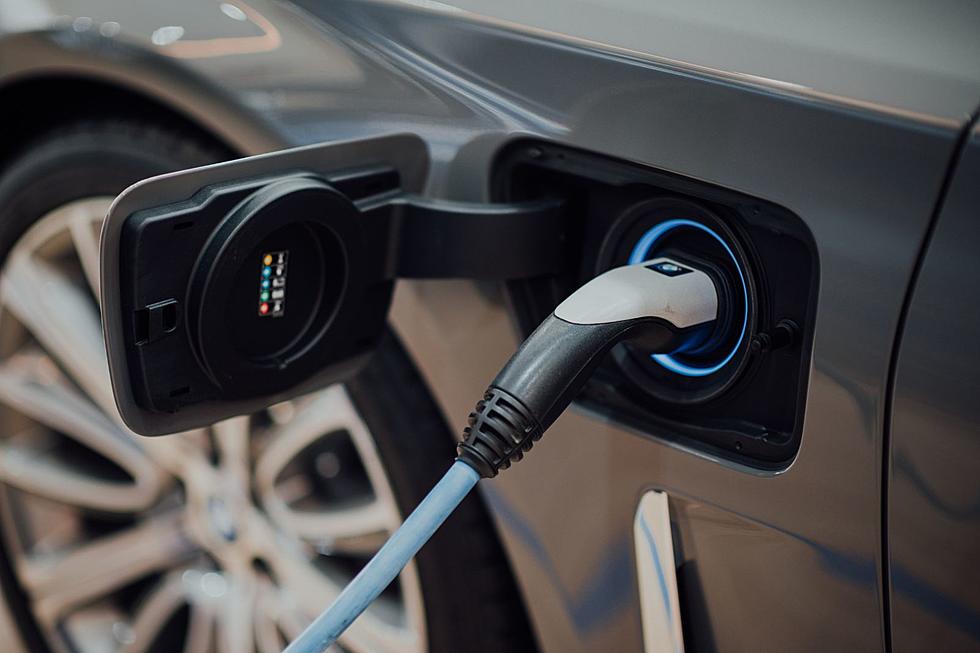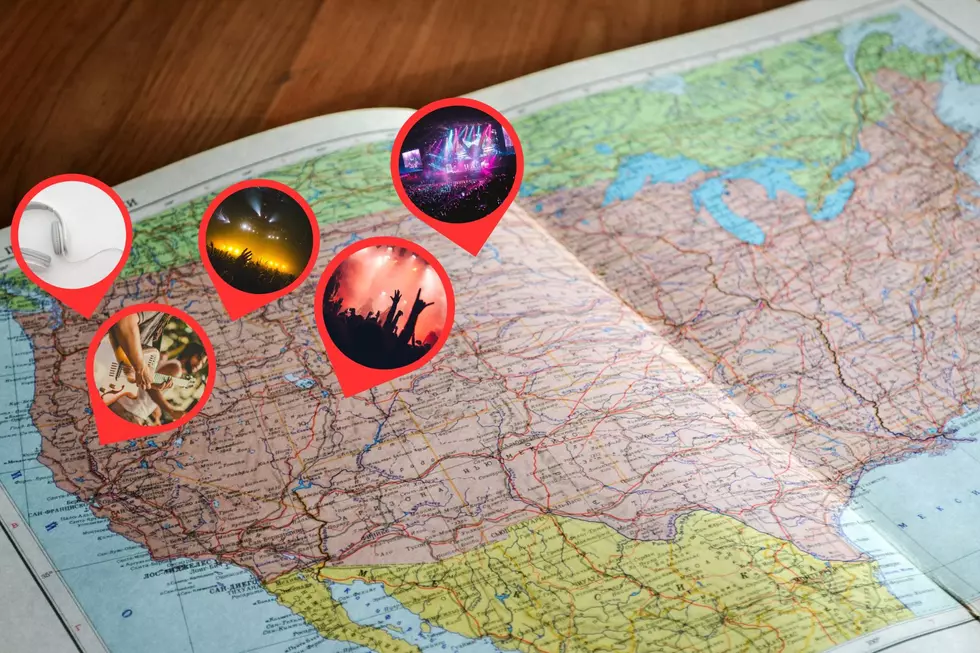
Former Montana Governor Says Batteries Must Replace Oil
Missoula, MT (KGVO-AM News) - Former Montana Governor Brian Schweitzer was on the KGVO Talk Back show on Thursday, in anticipation of his appearance at the 20th Annual Conference on Central and Southwest Asia at the University of Montana.
Schweitzer, who lived in Saudi Arabia for several years, has looked at the USA’s heavy dependence on oil and says time is fast running out to find a more sustainable energy source.
Former Governor Brian Schweitzer says Oil will Eventually Run Out
“I think it's important for us to recognize that the era of oil will end at some point in the future,” began Governor Schweitzer. “We need to recognize and we need to accept that according to all the studies, approximately 2 percent of the proven oil reserves worldwide are from the United States. Let me repeat that. Proven reserves worldwide in the United States are 2 percent, and that means that 98 percent of the proven reserves of oil are coming from someplace else. In addition, while we only have 2 percent of the oil, we consume 20 percent of the production per year.”
Schweitzer was adamant that the U.S. is getting the bulk of its oil from its sworn enemies throughout the world.

Schweitzer said we Shouldn't be Getting the majority of our Oil from our Enemies
“This is the greatest threat to America that I can think of,” he said. “When you look at the countries that actually have the proven reserves, they're hardly a list of our best friends. Venezuela is number one at 18 percent; Saudi Arabia at 16.2 percent. Fortunately, Canada's at 10 percent, then Iran at 9.5 percent, then Iraq, Kuwait, United Arab Emirates, Russia, and Libya; it doesn't sound like a list for the most part of our best friends. And yet, that is where more than 90 percent of the proven reserves are worldwide, and the United States only has 2 percent, and yet we're consuming 20 percent?”
Governor Schweitzer said the number one problem that must be solved (to replace oil and fossil fuel) is the safe and efficient storage of alternative energy sources.
“When I studied all of the energy, I recognized that it isn't about production of the energy, it's the ability to store energy to use it when we actually need it,” he said. “We have an unlimited ability to produce energy on this planet, and most of it is pretty clean, such as solar and wind and other things. However, what we have a problem with is an efficient system of storing that energy.”
Schweitzer said Technology will Solve the Energy Storage Problem
Schweitzer acknowledged the current method of using lithium batteries is neither safe nor sustainable, but hopes that research and development will find safer and more effective storage systems as the world runs out of fossil fuels.
“We've got to develop new battery systems altogether,” he said. “I mean, the battery system that hopefully that we're using 50 years from now has nothing to do with the resources that we're using today with the lithium, manganese, and the cobalt that we're currently using in our batteries. With any luck with some research, 20, 30, or 40 years from now, we're going to be in a completely different place.”
Schweitzer will address the Conference on Central and Southwest Asia on the topic of international conflicts and the energy crisis on Thursday evening at 6:00 p.m. in the University Theater on campus. Admission is free for all events at the conference.
LOOK: States with the most people earning $1 million or more
Gallery Credit: Elisa Fernández-Arias



